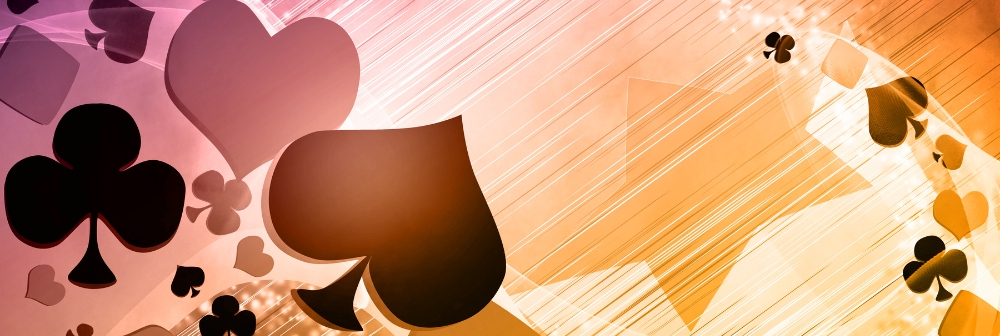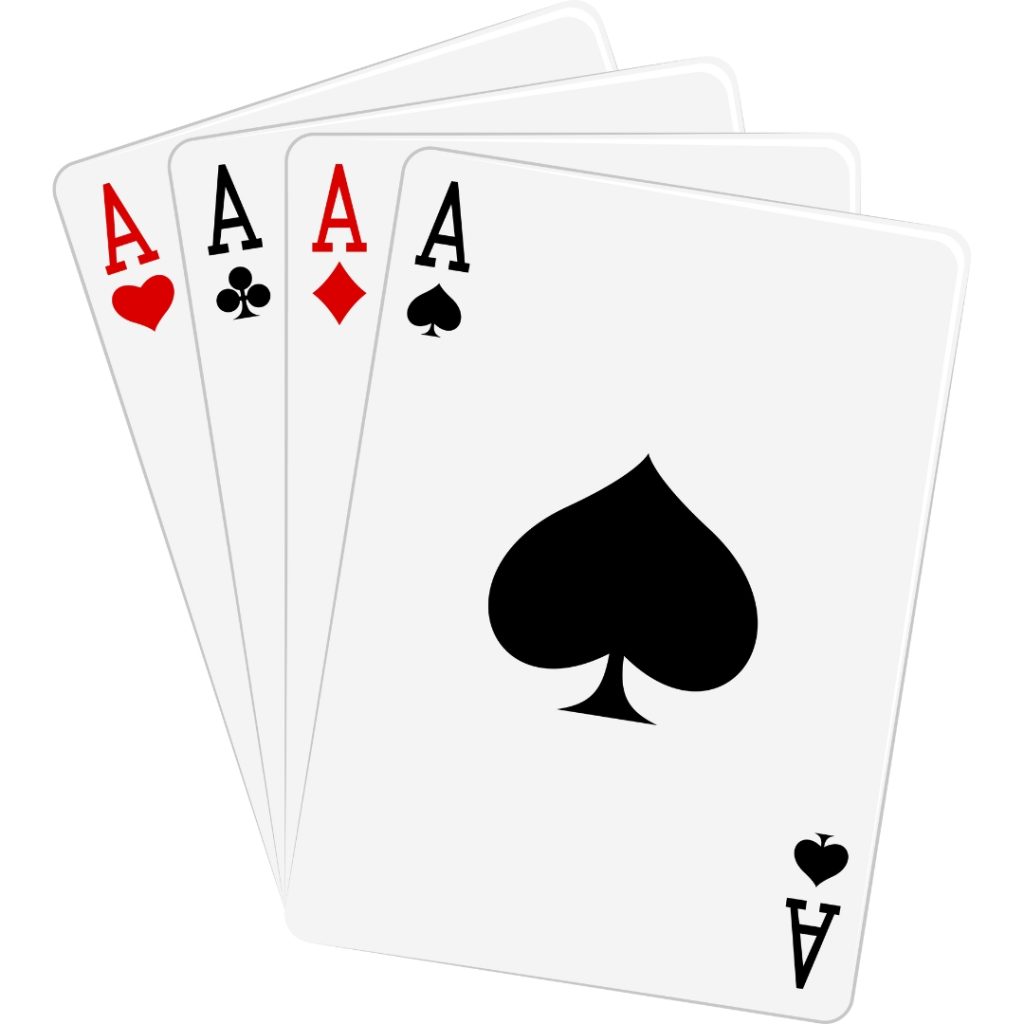© 2025 Australian Gambling Online. All Rights Reserved. Bet Wisely and Gamble Responsibly. Entry restricted to visitors aged 18 and above.
Get your bonus!

Whether you're playing slots, trying your hand at blackjack, or spinning the roulette wheel, your likelihood of winning is influenced by the house edge. Some games offer better winning chances, while others prove more challenging to emerge victorious.
In essence, the house edge represents the casino's statistical upper hand in each game, functioning as a percentage that projects the expected share the casino will retain from total wagers over time.
Let's delve into how different games implement the house edge and how you can use this information to make better-informed decisions.
The house edge is essentially the advantage the casino has over you, providing a built-in margin that ensures profitability over the long term. online casino , signifying that while players can achieve wins, statistically, the odds lean slightly towards benefitting the casino.
Consider a game with a house edge of 5%; here, the implication is that out of every $100 bet, the casino will, on average, retain $5. This doesn't mean every single game ends this way, but over extended play across many participants, the figure holds true.
For instance, betting on a single number in European Roulette yields a 35-to-1 payout. However, the wheel has 37 segments (numbers 1-36 plus a zero), framing your true odds at 36 to 1.
This gap between payout odds and actual odds defines the house edge. Specifically, European roulette typically features a house edge of about 2.7%.
In blackjack, your house edge fluctuates based on gameplay. By sticking to basic strategy, you can reduce the house edge to around 0.5%. Not adhering to optimal moves increases the casino's advantage.
, understanding this enables savvy gaming choices. Let's assess the house edges in popular online casino games.

The house edge varies across casino games The house edge can differ significantly between games. While the average sits around 5-6%, it might reduce to 1% or escalate to 15%. Slot machines prominently list RTP (Return to Player) percentages rather than house edges. For example, a 95% RTP equals a 5% house edge.
 The house edge has a direct impact on your outcomes as a player, because it represents the theoretical advantage the casino has over you in the long run.
The house edge has a direct impact on your outcomes as a player, because it represents the theoretical advantage the casino has over you in the long run.
Games with steep house edges, like certain slots or American Roulette, statistically diminish your probability of success.
Engaging with such games long-term likely results in greater financial losses compared to games with lesser house edges. While sizable payouts are plausible, frequent play means more potential for loss.
Games with slimmer house edges render the casino's long-term advantage less imposing. Effectively, you might enjoy extended gameplay and reduced losses relative to high-edge games.
The house edge also impacts the variability of winnings. Games with marked house edges, like slots, can exhibit dramatic shifts between notable wins and losses.
Conversely, games with modest house edges, such as blackjack or baccarat, tend to keep your funds more consistent.
Determining which play strategies to employ hinges on understanding the house edge. This knowledge influences decisions on games to play and bankroll management.
Strategizing should heavily rely on understanding the house edge of various games. Games featuring low edges, like blackjack and baccarat, appear optimal for prolonged success.
Games like slots or high-edge variants with large side bet payouts invite higher rewards but introduce elevated long-term risk.
For those seeking thrill and comfortable with greater risk, high-edge games provide such enjoyment. Prioritizing bankroll conservation and winning dictates playing games with a lower edge.
When the house edge depends on your gameplay, such as in blackjack, employing strategic precision is essential. Deviating from proven strategies inflates the house edge and diminishes winning chances.
Conversely, adhering to a foundational strategy allows for maintaining the house edge around 0.5%, amplifying prospects for winning more rounds.
Similarly, craps features bets with drastically lower house edges, so betting strategically on options like pass line or don't pass increases favorable outcomes in the long run.
Your betting strategy is also influenced by the house edge. In games like roulette, where strategy doesn't influence the house edge, adjusting betting tactics can make your funds last longer.
Placing smaller, even bets (such as on red/black or even/odd) often allows extended play, although larger payouts stem from high-risk single number bets, which may rapidly reduce your bankroll.
In contrast, slots center heavily on luck, making it vital to manage your gambling funds. Set clear spending caps, and recognize when it's prudent to cease playing.
While the house edge provides the average odds, it doesn't predict individual win rates. Game-specific volatility dictates how frequently you win, alongside prize amounts.
High-volatility games tend to offer infrequent but potentially large payouts, while low-volatility options regularly deliver modest wins.
Take both house edge and volatility into account to accurately predict short-term and long-term winning potential for any given game.
The house edge serves as a crucial determinant of a casino game's nature, illustrating the statistical edge held by the casino. Games with lesser house edges elevate the odds of leaving with wins, whereas higher-edge games incur more risk over time.
Ensure you factor the house edge into gaming decisions.
Opt for strategic games like blackjack, which, through simple strategic adherence, can trim the house edge to as low as 0.5%. In craps, prioritize the lowest-edge bets, such as pass line or don't pass wagers.
For purely chance-driven games like slots or roulette, intelligent money management is crucial since luck is the only way to counter the house edge.
Remember the odds are stacked against you in any casino game, so prioritize enjoyment and the experience itself.
Winning is thrilling, but realize that statistically, losing is a more probable outcome.
European Versus American Roulette: Understanding the Variation.
A lively casino atmosphere depicted with tangible elements like a spinning wheel, scattered dice, and poker chips laid out on the gaming table.